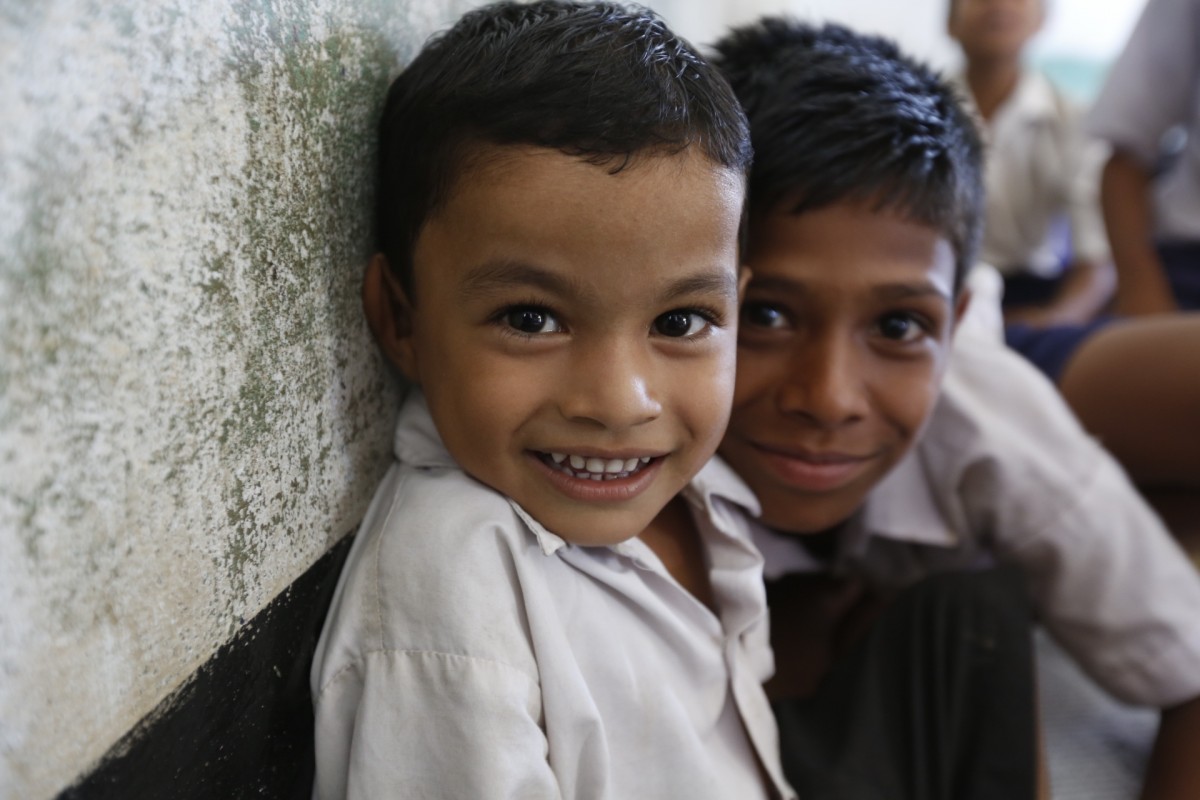Alumna and development researcher, Prachi Shukla, looks at the the surge in cases of domestic violence during lockdown around the world.
Around 1 in 3 women globally are victims of domestic abuse at some point in their lifetime, most often in the form of physical and/or sexual violence at the hands of their partner (via WHO). The COVID-19 pandemic has caused several governments to implement social distancing measures ranging from recommended stay-at-home orders to enforced lockdowns meant to slow the spread of the infectious virus. This poses an acute risk for women with abusive partners as they have little to no means to seek external help at a time when they are in close quarters with the abuser for extended periods.
Owing to restrictions on movement outside the house, the only way that women can reach out is often via telephonic helplines. Authorities of France, India, South Africa, France, Malaysia, Lebanon, the UK, to name a few, have officially confirmed surges to their helplines ranging between 20-200% for the time since movement restriction orders were introduced (via BBC, HT, NPR). However, these numbers do not narrate the whole story as many experts suggest that women are far more likely to reach out to NGOs than to official helplines. Chicago saw a 3% increase in calls to their helpline but calls to their largest NGO-run helpline have hit a 20-year high. A huge surge in calls to official helplines can indicate a lack of alternative channels to share the load of these calls. Some NGOs have also noted a huge drop in calls during afternoons on weekdays with a large surge in volume late at night (via CNN).
And yet, this is only the tip of the iceberg. With women having limited or no access to a space without their perpetrators, most women would be unable to make such a phone call without their partners realizing. Cities such as New York, the current American epicentre for the pandemic, witnessed a 15% drop in calls to the helpline in light of shelter-in-place rules (via CNN). In the UK, calls to the national helpline are up 25%, but searches for their online resources have surged 150% (via BBC). Experts warn that while calls may increase, it does not reflect those unable to reach out. Similarly, Google Search data reveals that searches for domestic abuse are up 75% (via ABC). The other issue with reaching out in times of crisis is that countries’ response mechanisms are already burdened. Turkey has reported a spike in cases of femicide, with authorities warning that several women are unable to reach a responder for assistance as their lines are overwhelmed responding to COVID-19 (via al-Monitor). Civil society groups around the world have warned governments to be ready for a surge in cases once restrictions from the pandemic are lifted or loosened.
Often policies intended to slow the spread of the virus can reflect a lack of gender-sensitivity. One of the many examples is the Malaysian order for movement control which restricts grocery store visits to the “head of the household” – a task almost always done by women, assigned to a role almost always held by men. While it made for amusing anecdotes of men being unable to find basic groceries without assistance, it reflects the gendered divide of public-private which is maintained in times of a crisis. This can be particularly dangerous in settings where women’s external help is extremely limited (via NPR). Conversely, there have been governments using the “essential movement” leeway to reach vulnerable women. The French and Spanish governments have issued code words which women can use at pharmacies to get help and have made accommodations for their immediate relocation (via ABC). Governments must ensure that policy measures do not negatively impact women disproportionately and allow for aiding vulnerable women in a swift and safe manner.
While governments allocate more resources to deal with the aftermath of COVID-19, it is imperative that this gendered crisis is made a priority in action plans. The Australian government has allocated AUD 91 million to domestic violence cases in this period, as part of their response plan to the virus (via NPR), providing a good example of incorporating the response to both crises together. During the crisis the focus should be on strengthening channels for women to reach out, including non-state actors who may be currently better equipped to share the load. These channels will also have to account for the possibility that the abuser is within earshot, and create prompts which can relay the required information without putting the victim in further danger. One example is of the French helpline giving women the option to text, rather than call (via ABC).
The economic shock from the pandemic will further exacerbate women’s inability to leave abusive partnerships by increasing their dependency on their partners. Women around the world make up the bulk of lower paying and flexi-time/part-time jobs which are often the first to bear the brunt of layoffs (via ILO, EPSU). For women whose visa status depends on their job and/or their marital status, the uncertain period that lies after the pandemic will keep women trapped in such relationships. With more resources being allocated towards the pandemic and the overall economic recovery, resources should be put towards dealing with domestic violence survivors in the form of counselling, medical treatment and legal aid, as well as helping such survivors survive the economic shocks to be able to walk out of such abusive partnerships.
Author bio: Prachi Shukla (@Prachi_Shukla_) currently works in development research and has a keen interest in social policy, particularly education, labour markets and gender. She holds a BA in Economics and Sociology from St. Xavier’s College, Mumbai, and is an alumnus of the MSc Development Studies program at LSE.
The views expressed in this post are those of the author and in no way reflect those of the International Development LSE blog or the London School of Economics and Political Science.





